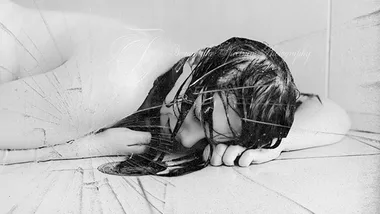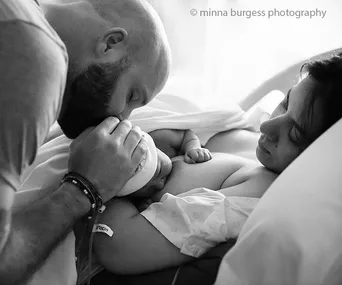When Maureen Drennan’s husband Paul found himself in the grips of mental illness their relationship was tested.
Faced with the pain of watching her partner struggle the American photographer found herself on her own journey of understanding.
“In trying to comprehend my husband’s vulnerability due to a severe depression, I made images of him and a landscape familiar to me; Block Island, Rhode Island,” Maureen tells The Weekly of her ‘The Sea That Surrounds Us’ series.
“When I was seven years old and my parents separated, I lived there for a year with my father,” the artist explains. “It was a lonely time, the windblown landscape on Block Island is beautiful but deserted and watching the dissolution of my parent’s marriage was sad to see.
“When my own marriage was in turmoil, I returned there to photograph.”
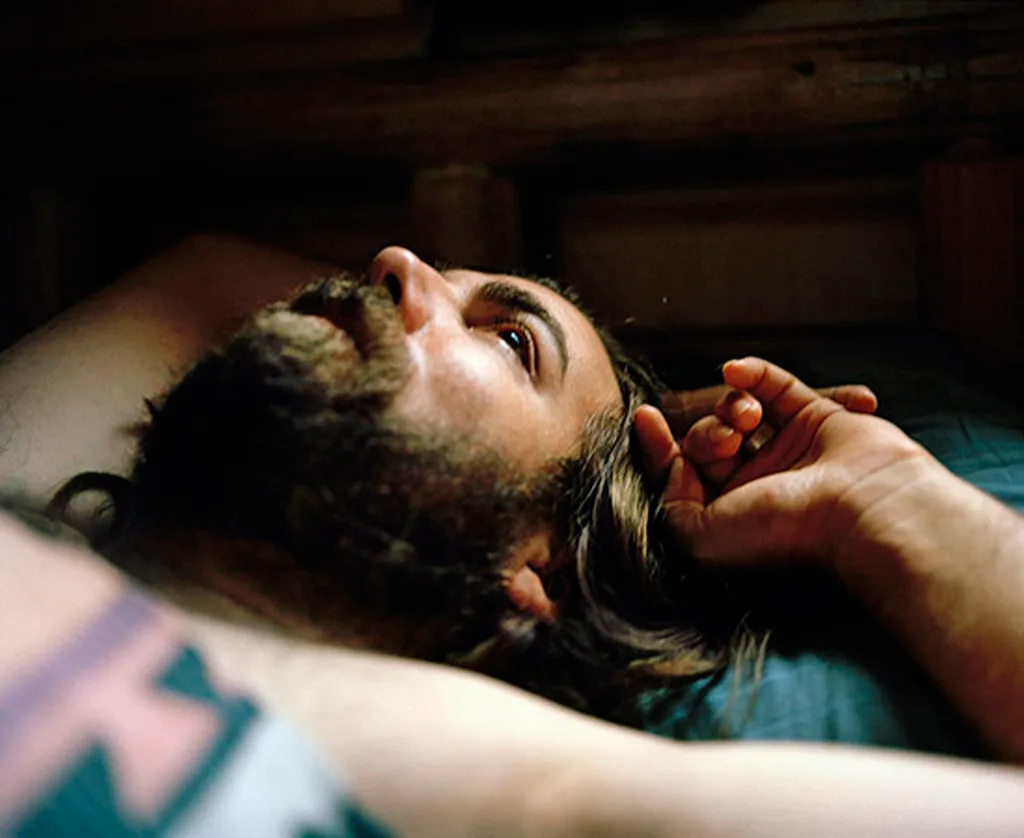
Waking Up in Sweet Home. PHOTO: Maureen R. Drennan
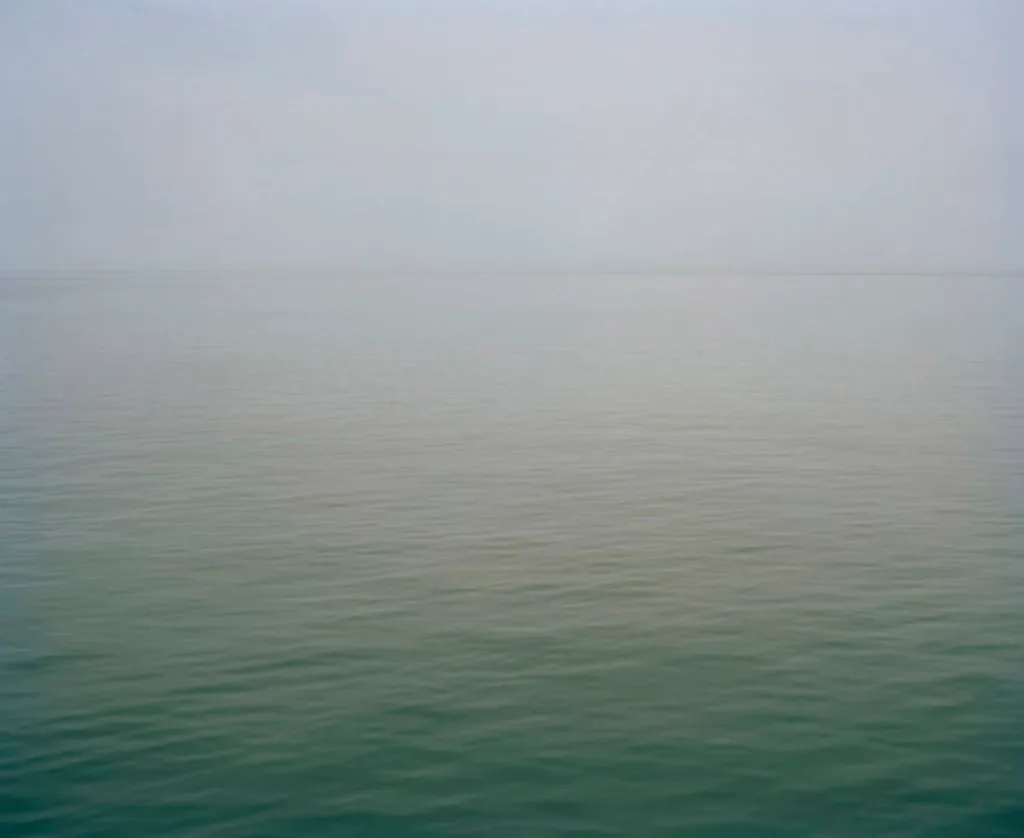
Southeast Sea. PHOTO: Maureen R. Drennan
What resulted is a combination of powerful landscapes and portraits that marry together observations of loneliness, detachment as well as tenderness and intimacy.
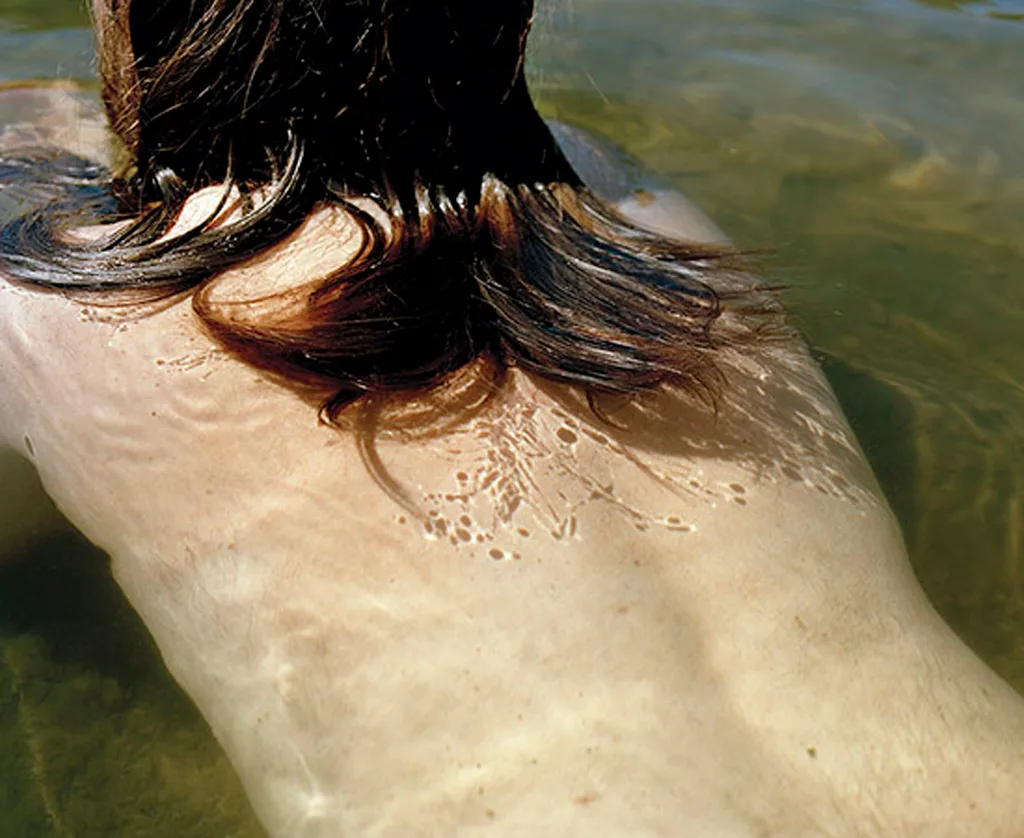
Hair. PHOTO: Maureen R. Drennan
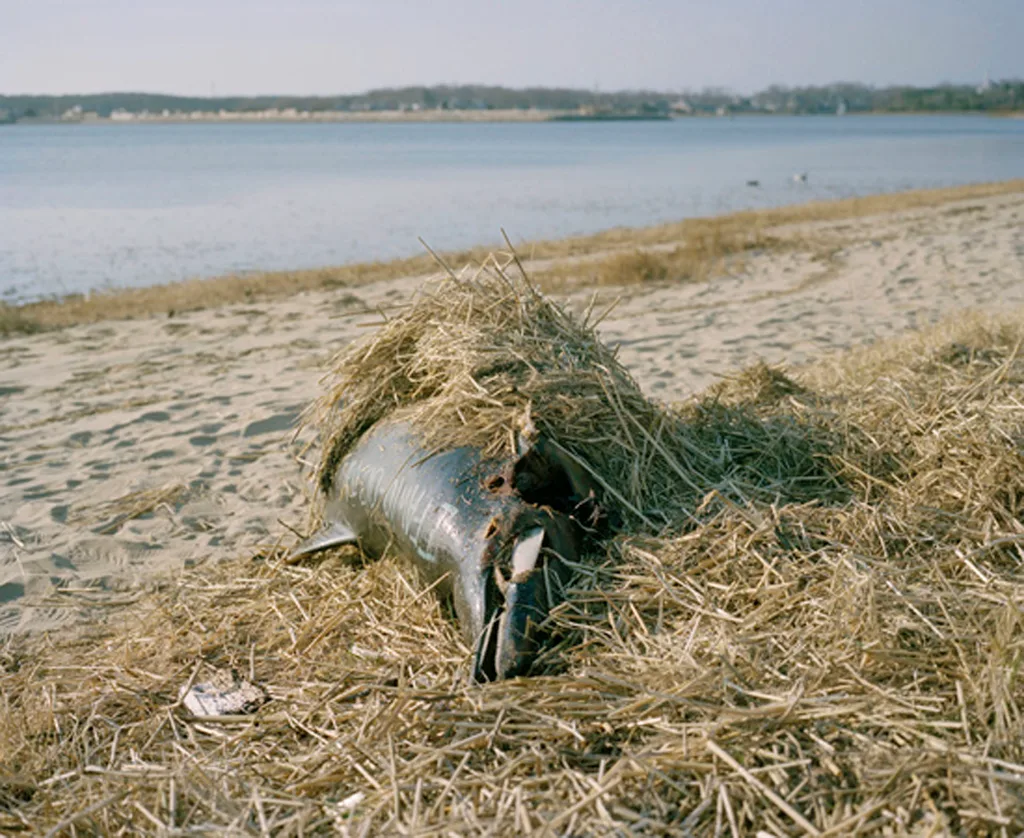
Grace Cove. PHOTO: Maureen R. Drennan
Obviously with a work that is so intensely considered and personal, Maureen explains that the name for the series is deeply emblematic.
“[It] comes from a love poem by Pablo Neruda and suggests the isolation and protection one can simultaneously experience within a relationship,” she says.
In the poem, Night on the Island, which references the line Neruda writes:
I have slept with you
and on waking, your mouth,
come from your dream,
gave me the taste of earth,
of sea water, of seaweed,
of the depths of your life,
and I received your kiss
moistened by the dawn
as if it came to me
from the sea that surrounds us.
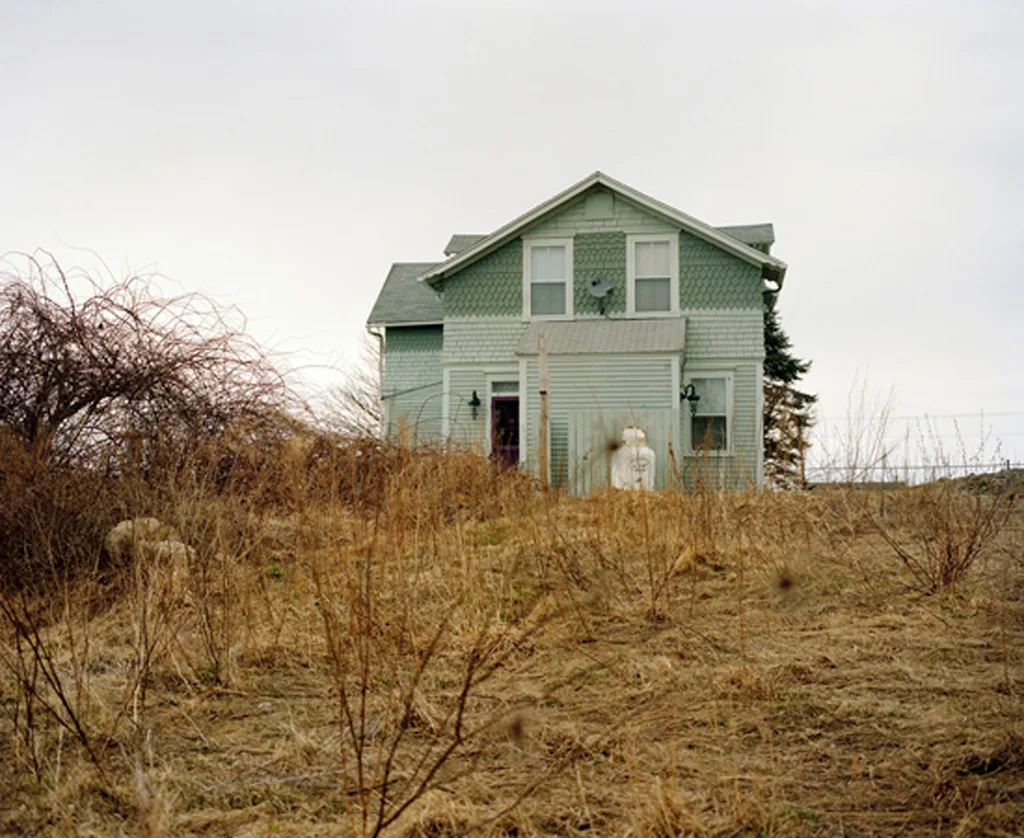
Connelly House. PHOTO: Maureen R. Drennan
While Maureen says her husband has often been the subject of her pictures, this project felt entirely different.
“I was watching him more carefully, trying to understand him,” she says.
Adding: “I felt untethered and helpless observing him and trying to comprehend his inner turmoil.”
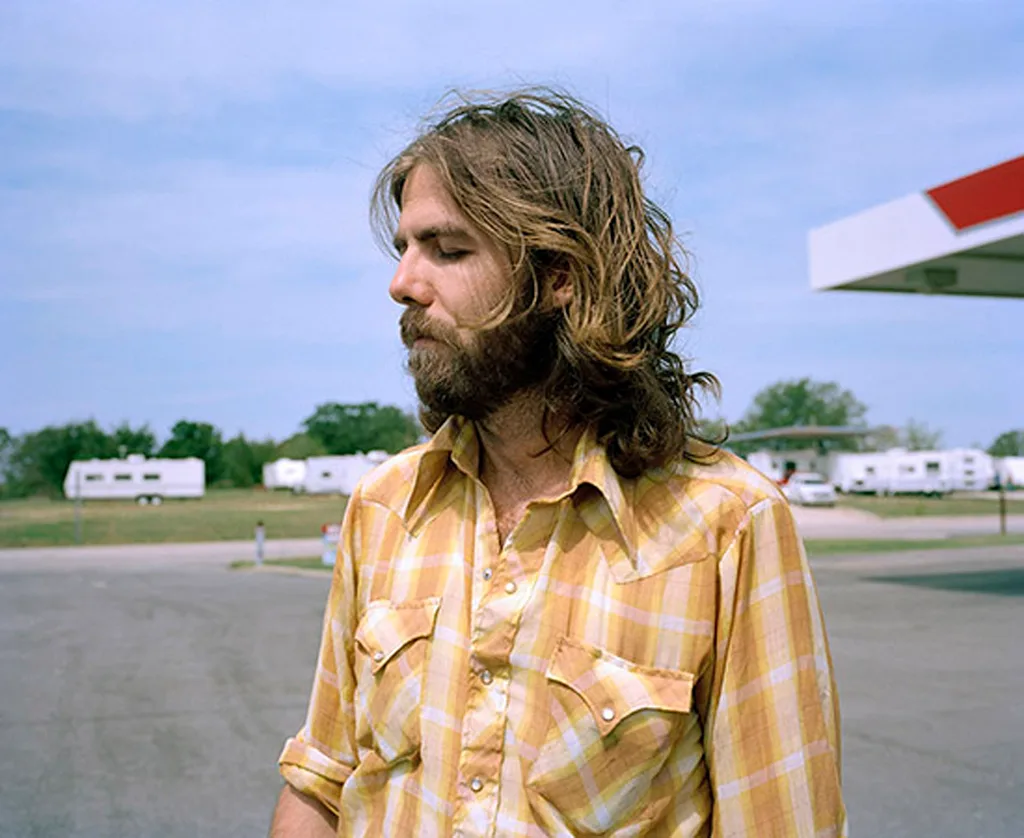
Floating. PHOTO: Maureen R. Drennan
Drennan says the focus on making the series during a challenging time was restorative to their relationship.
She says: “Where words failed us, the pictures filled in the blanks.”
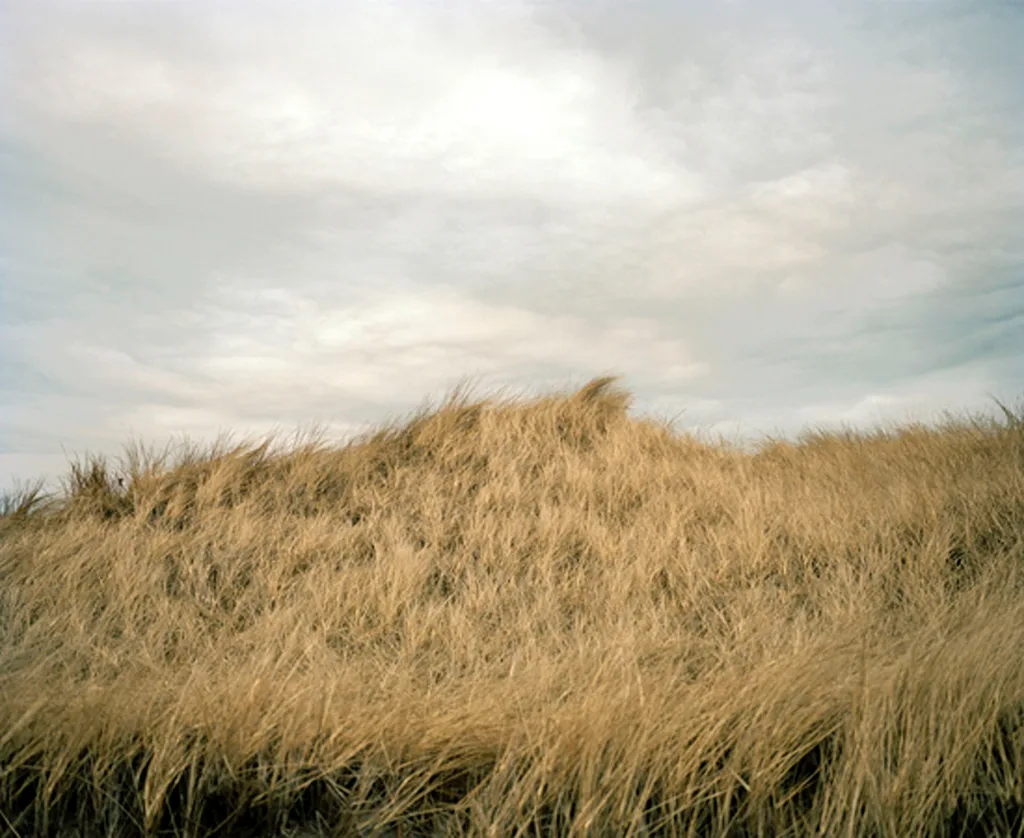
Town Beach. PHOTO: Maureen R. Drennan
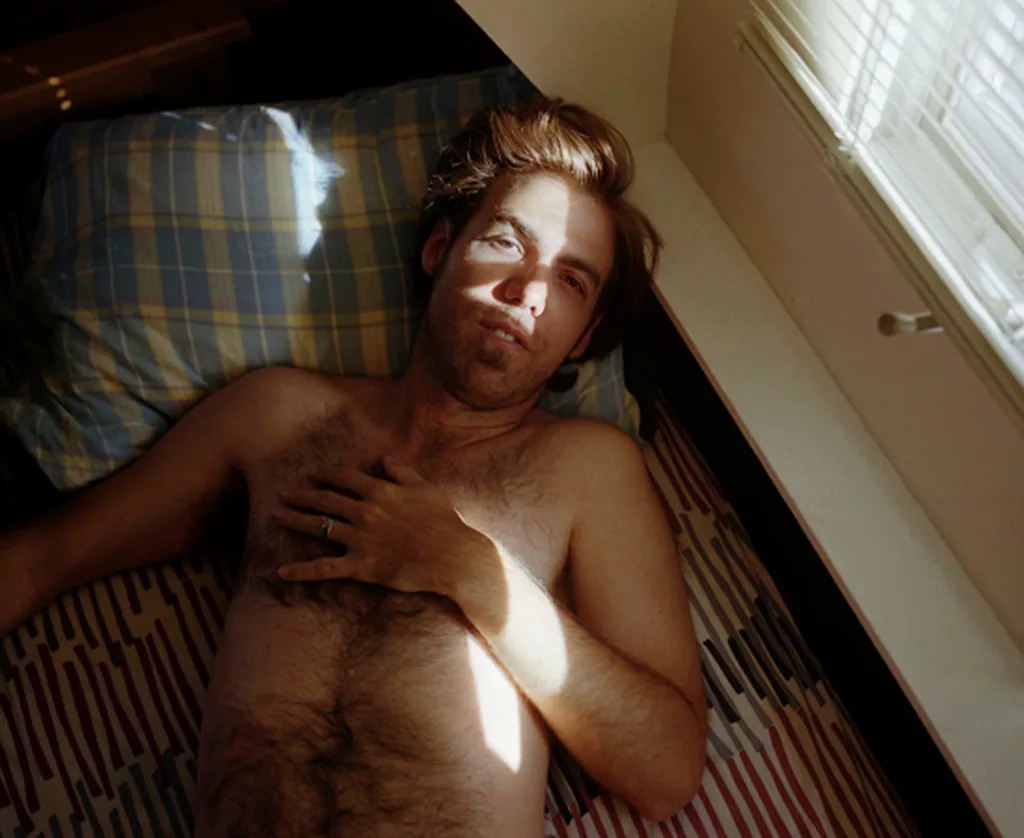
Paul. PHOTO: Maureen R. Drennan
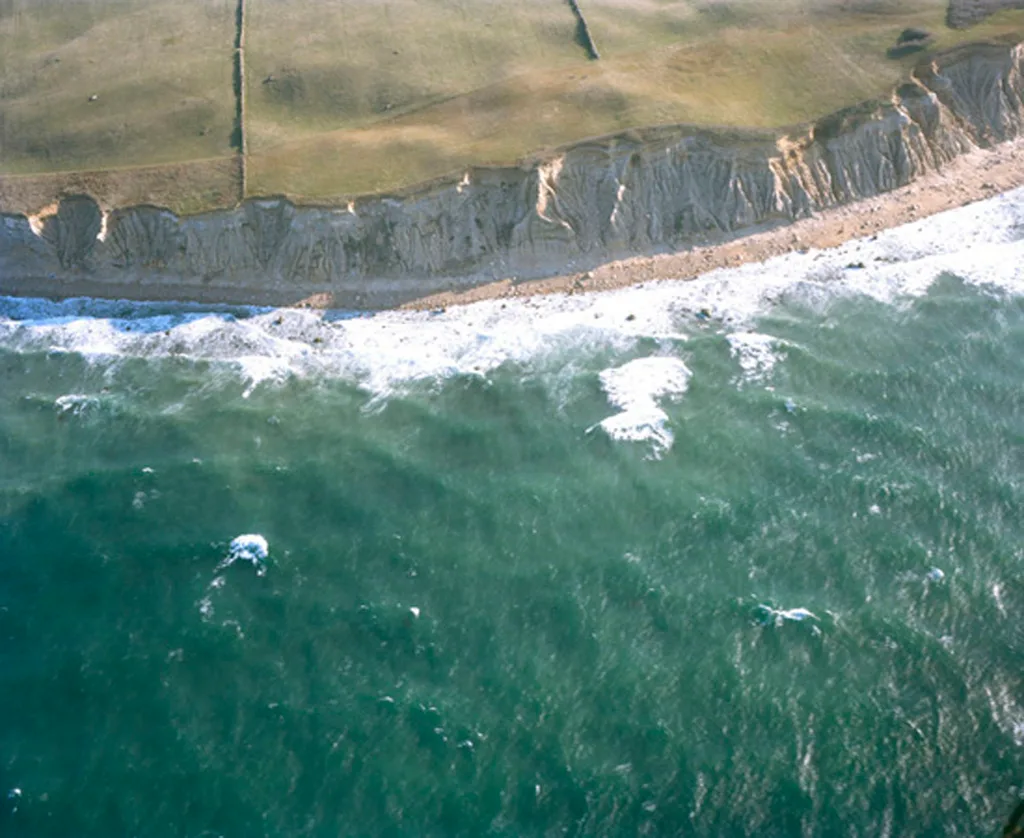
Mohegan Bluffs. PHOTO: Maureen R. Drennan
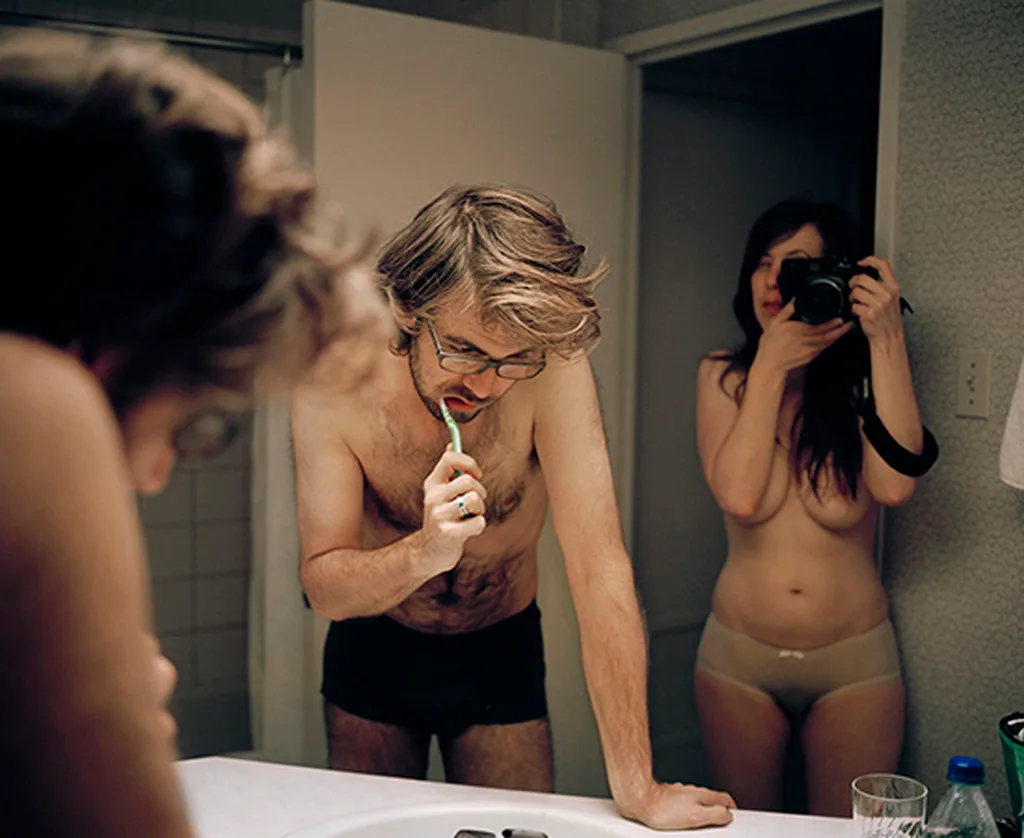
Christmas in Montreal. PHOTO: Maureen R. Drennan
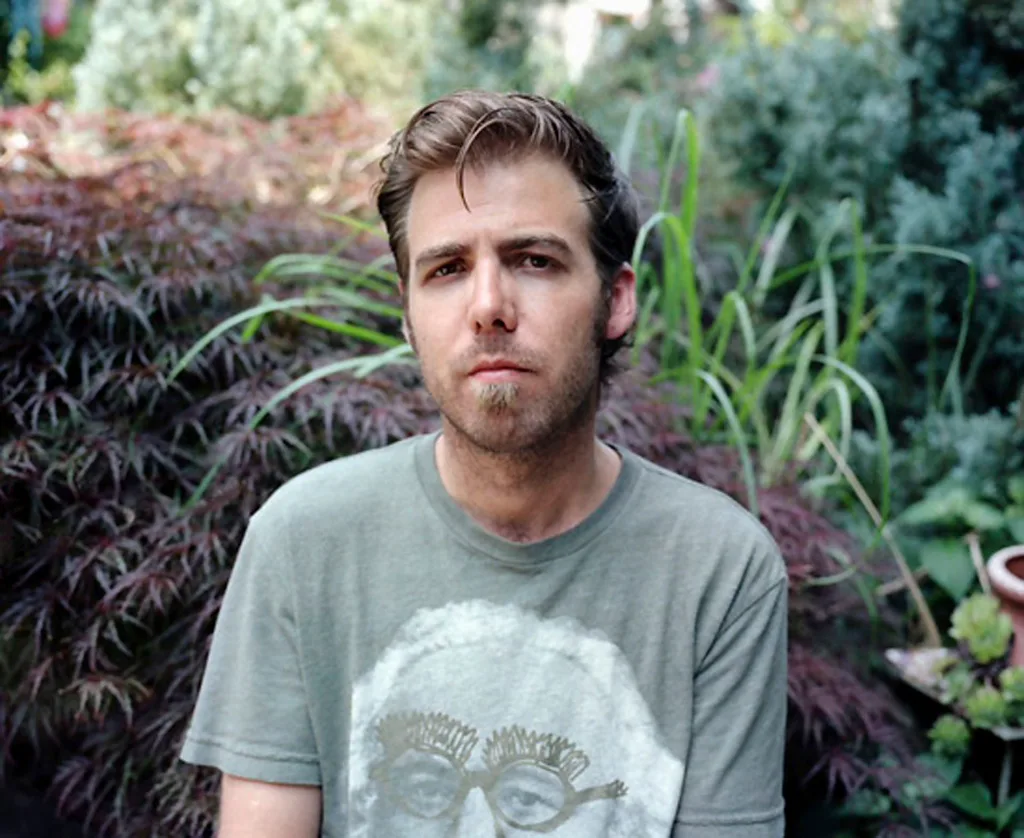
Paul. PHOTO: Maureen R. Drennan
Thank you to Maureen Drennan for allowing us to publish her work. You can see more of Maureen at her website: http://www.maureendrennan.net/ or on her Instagram: @maureenrdrennan

